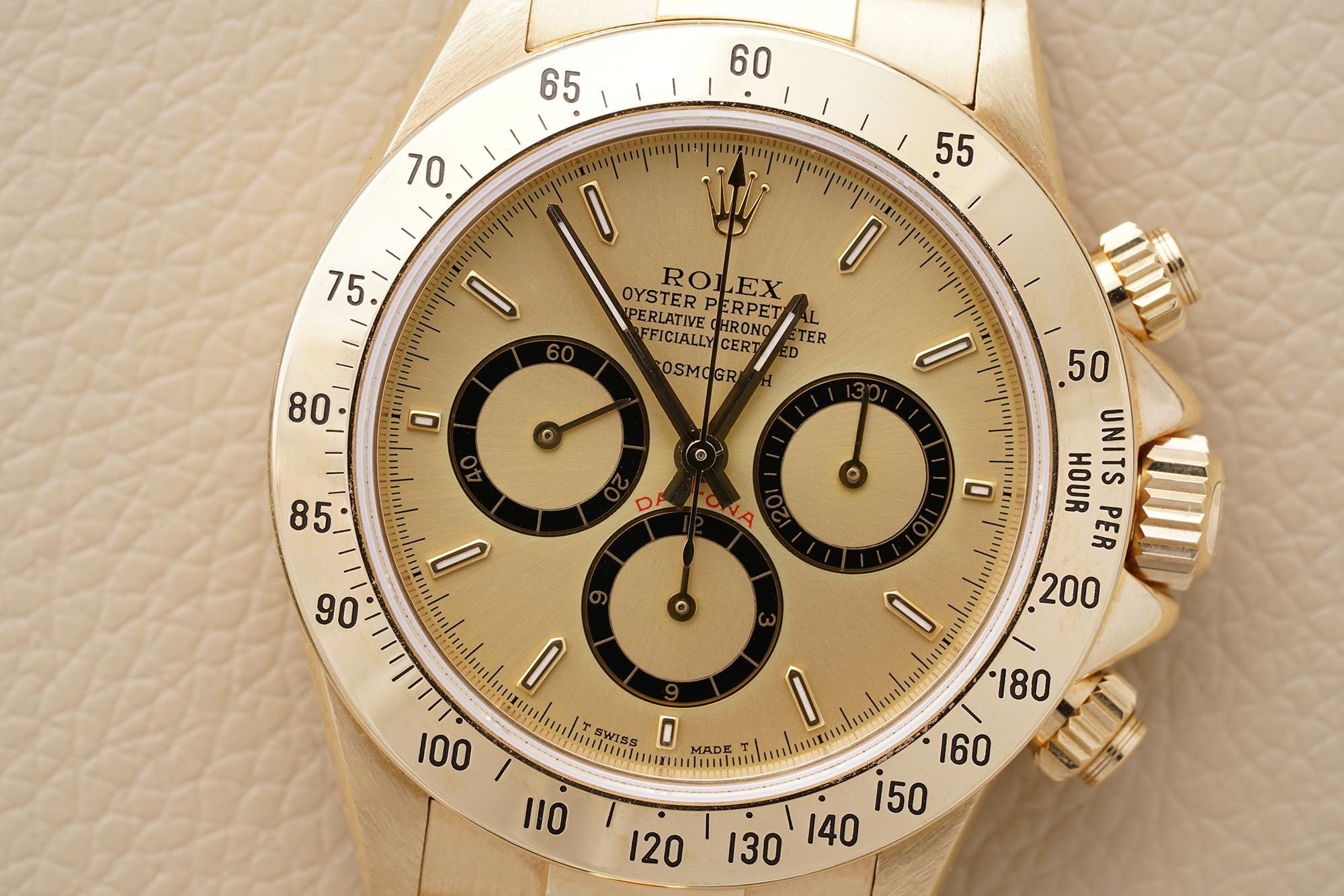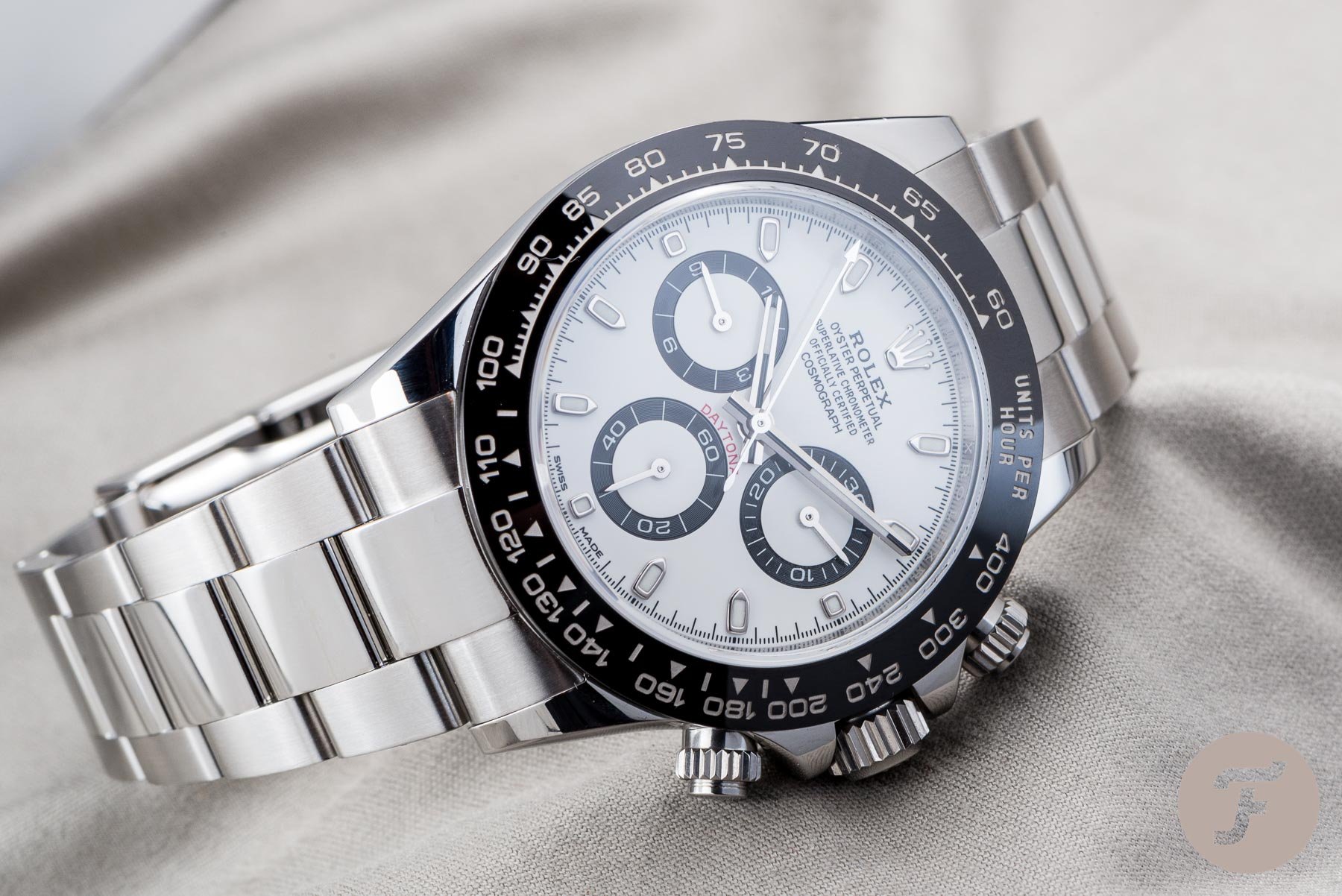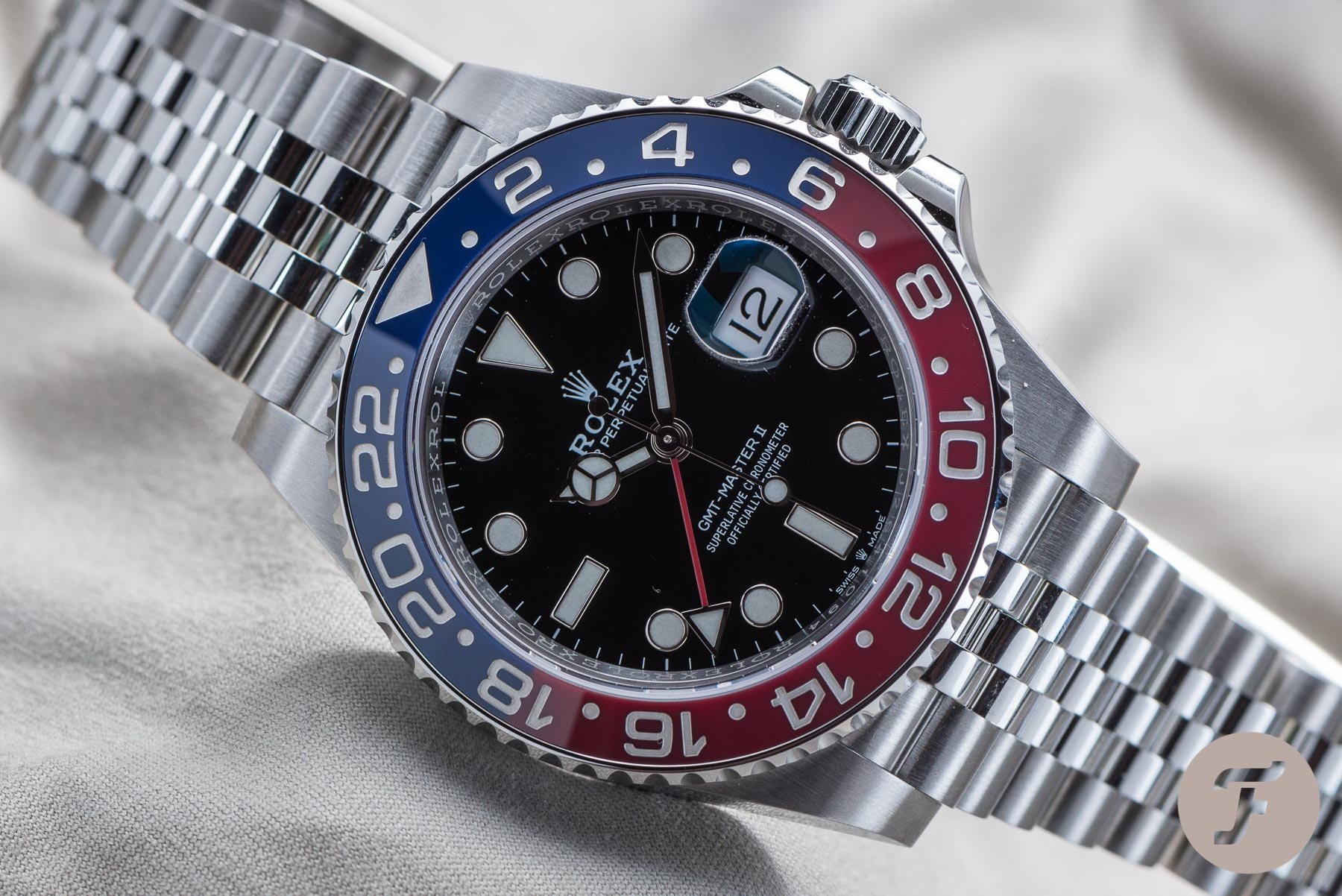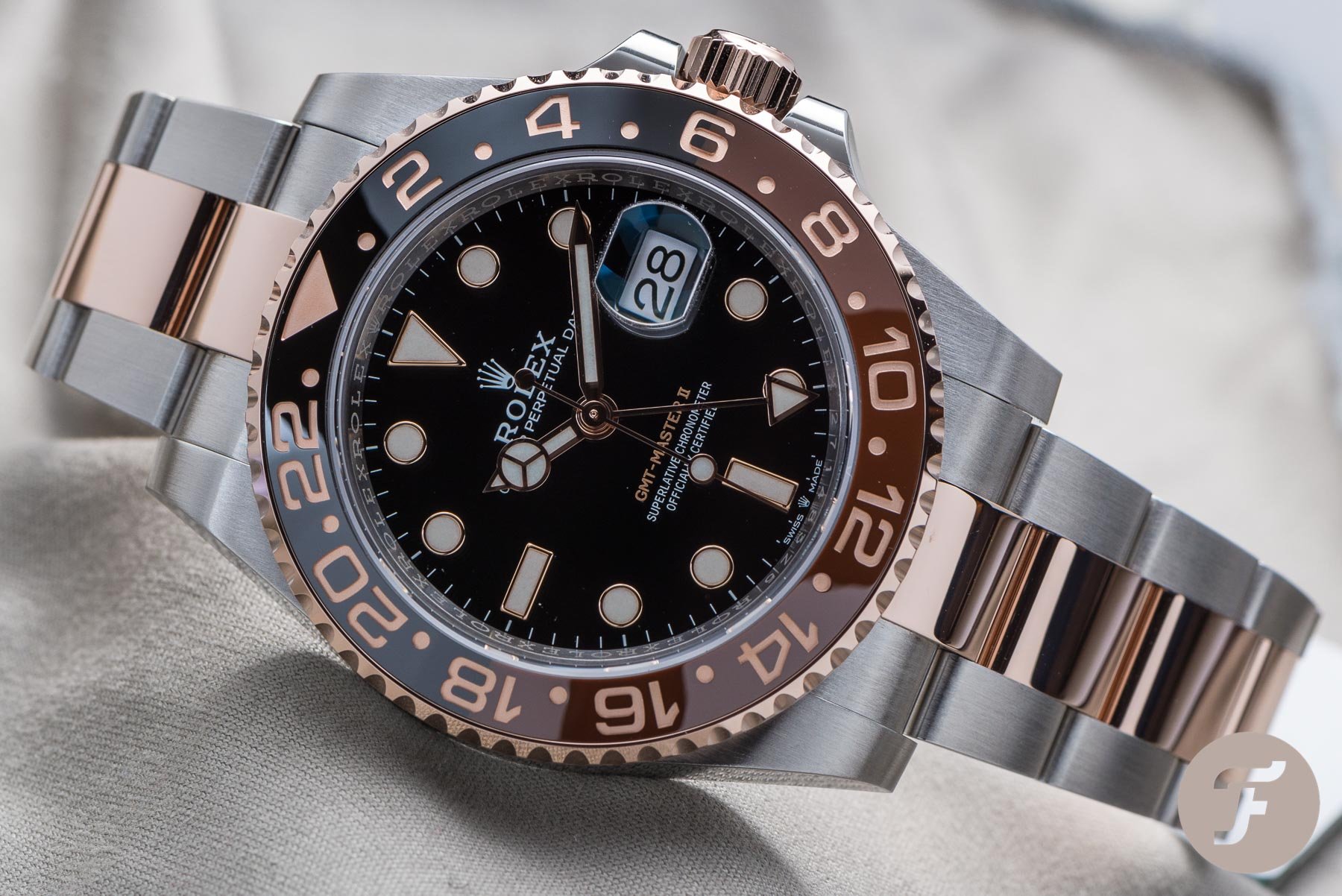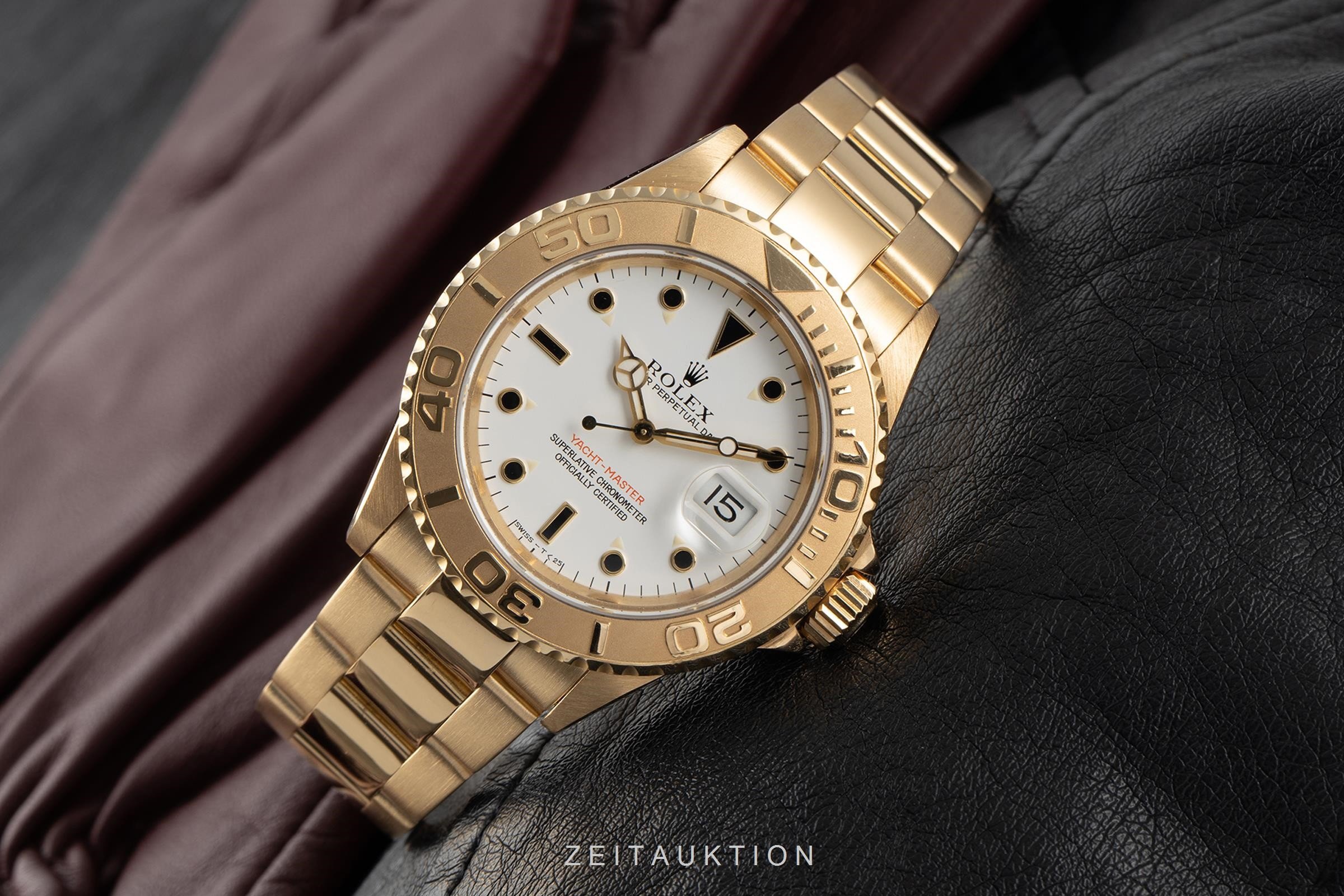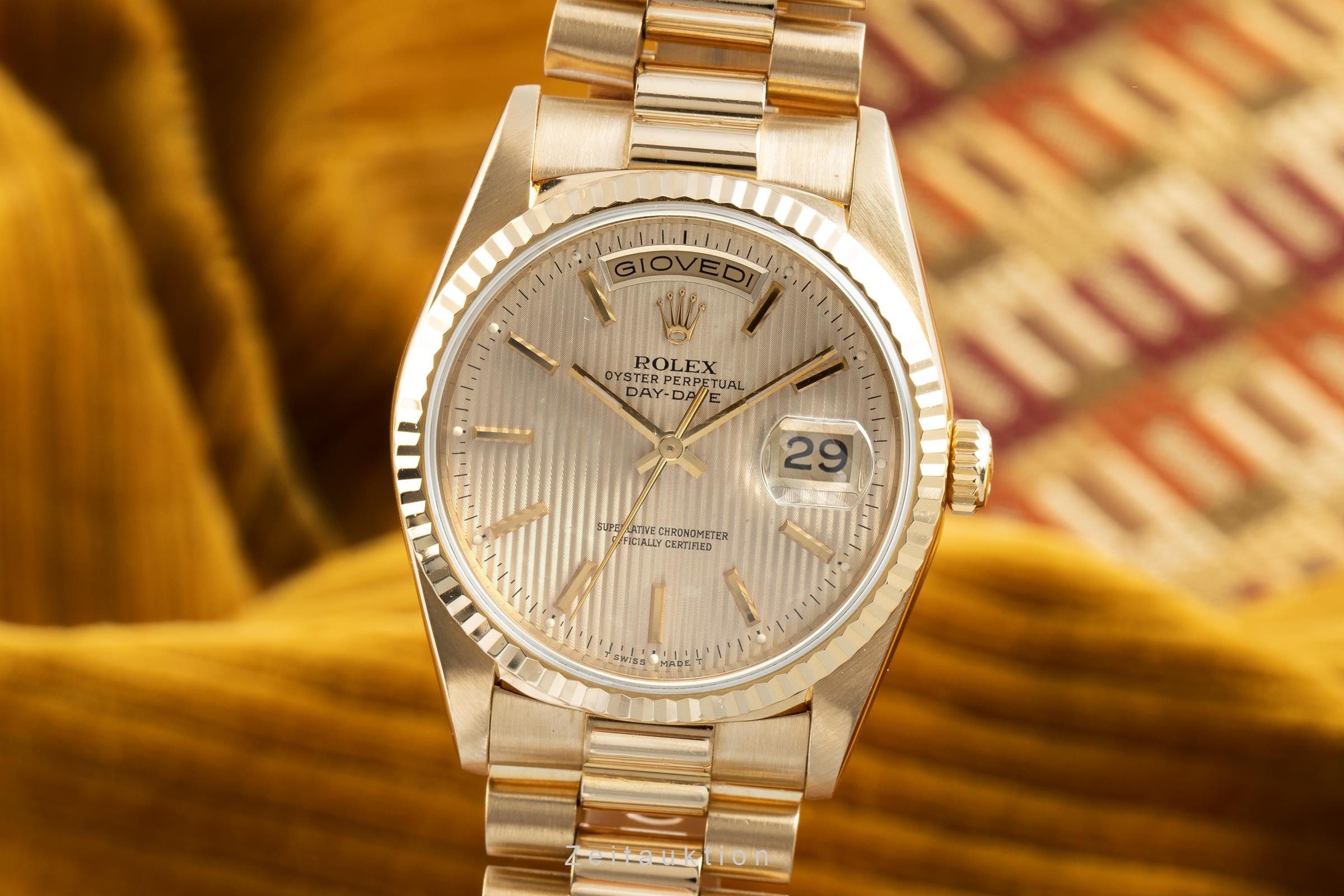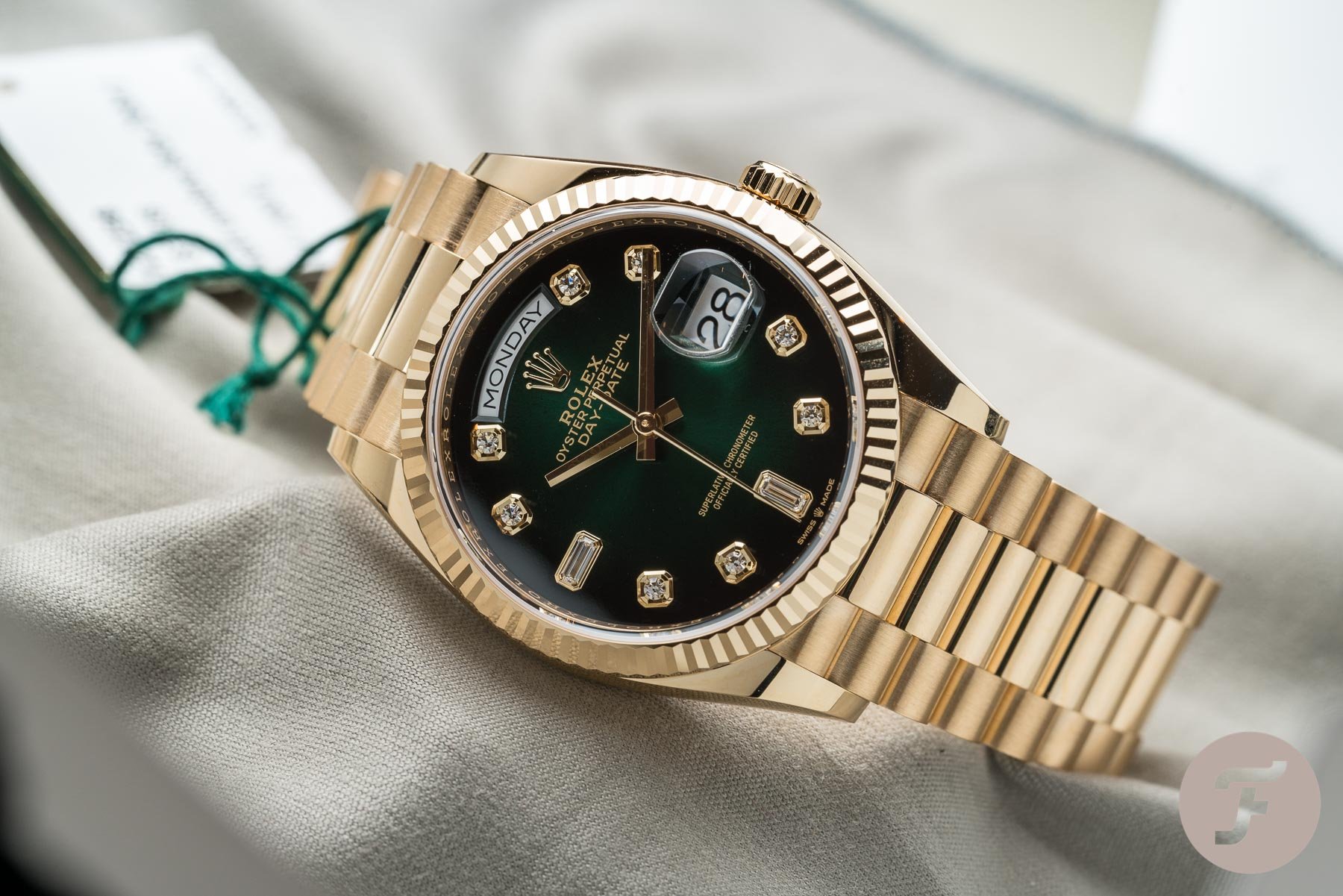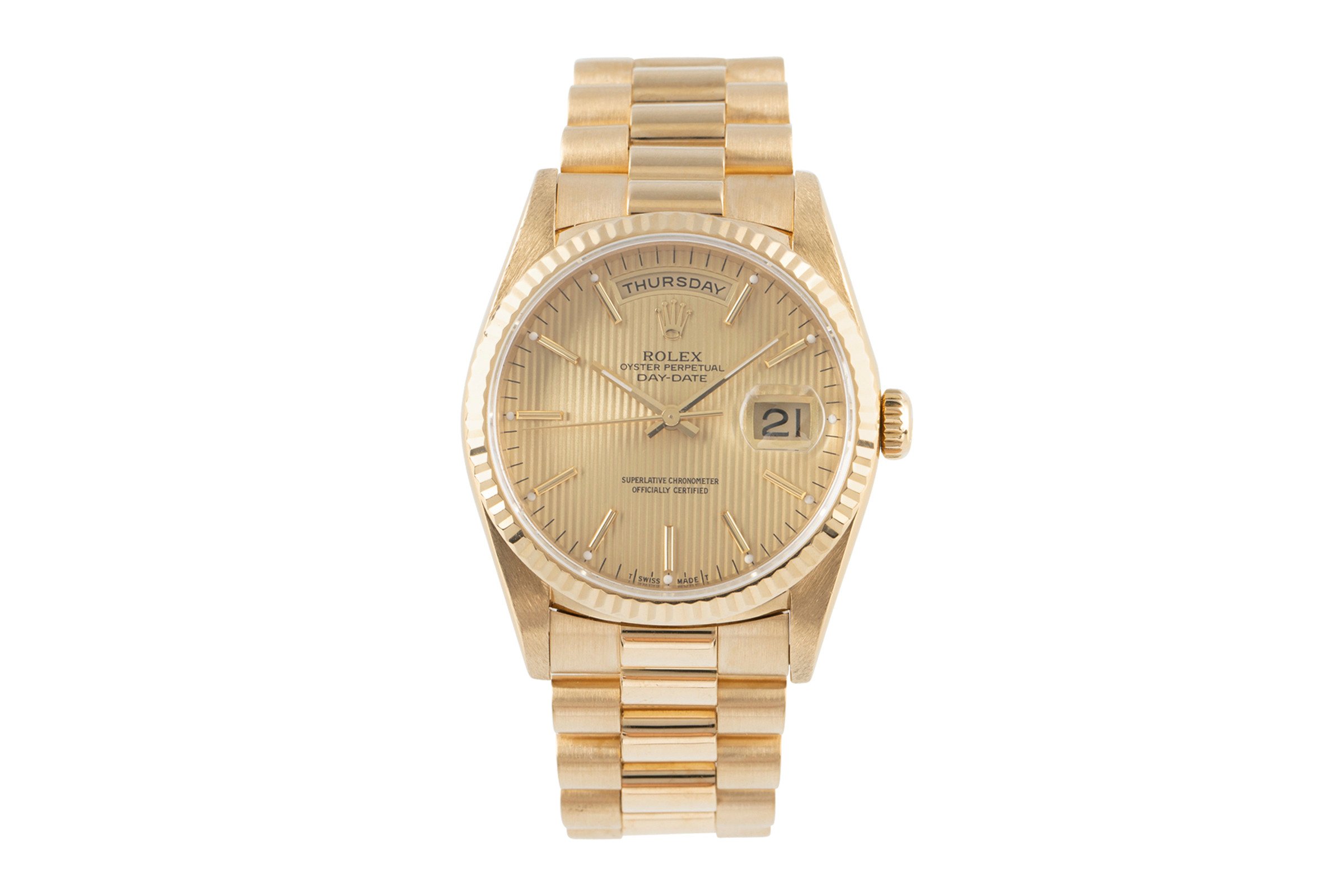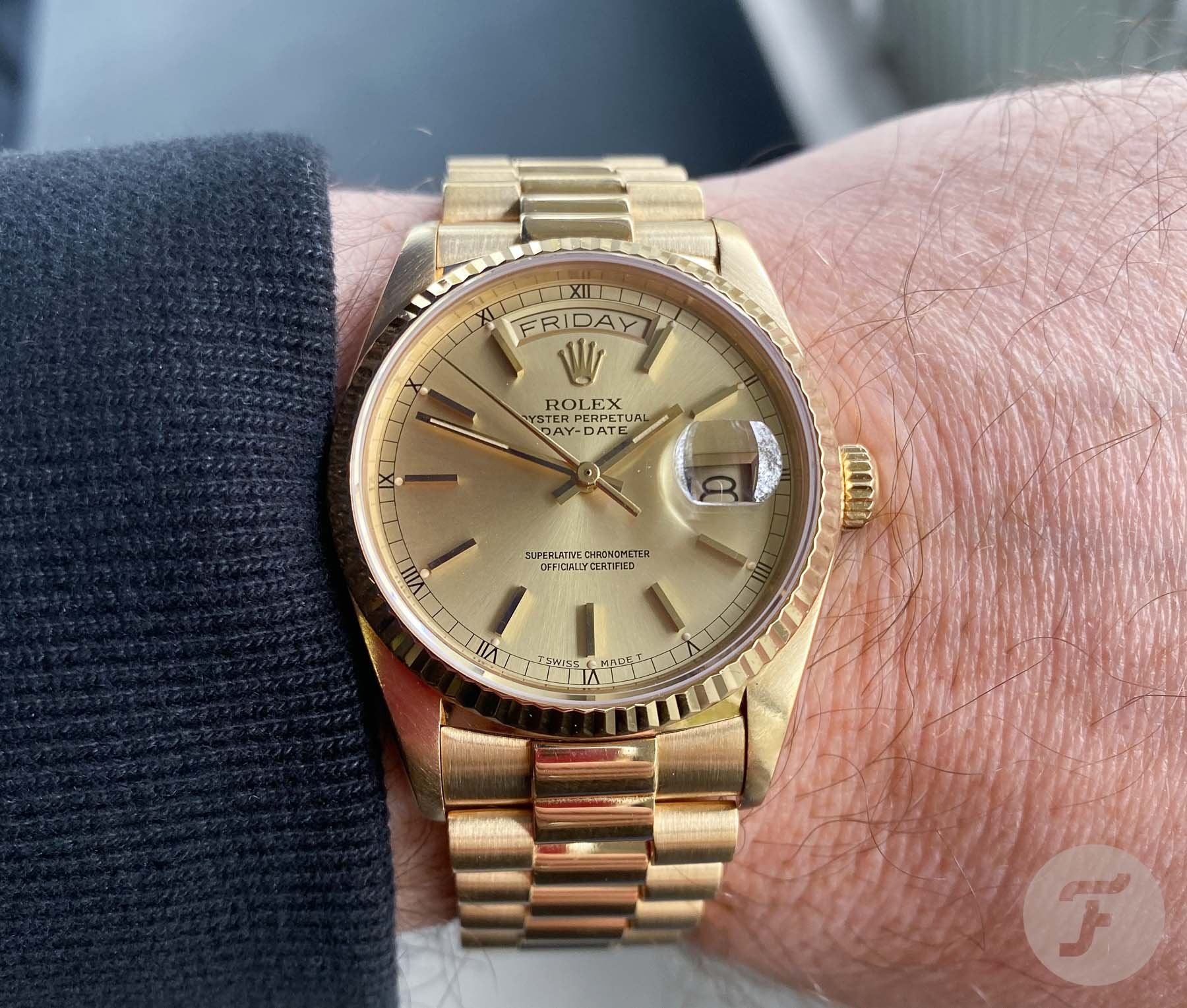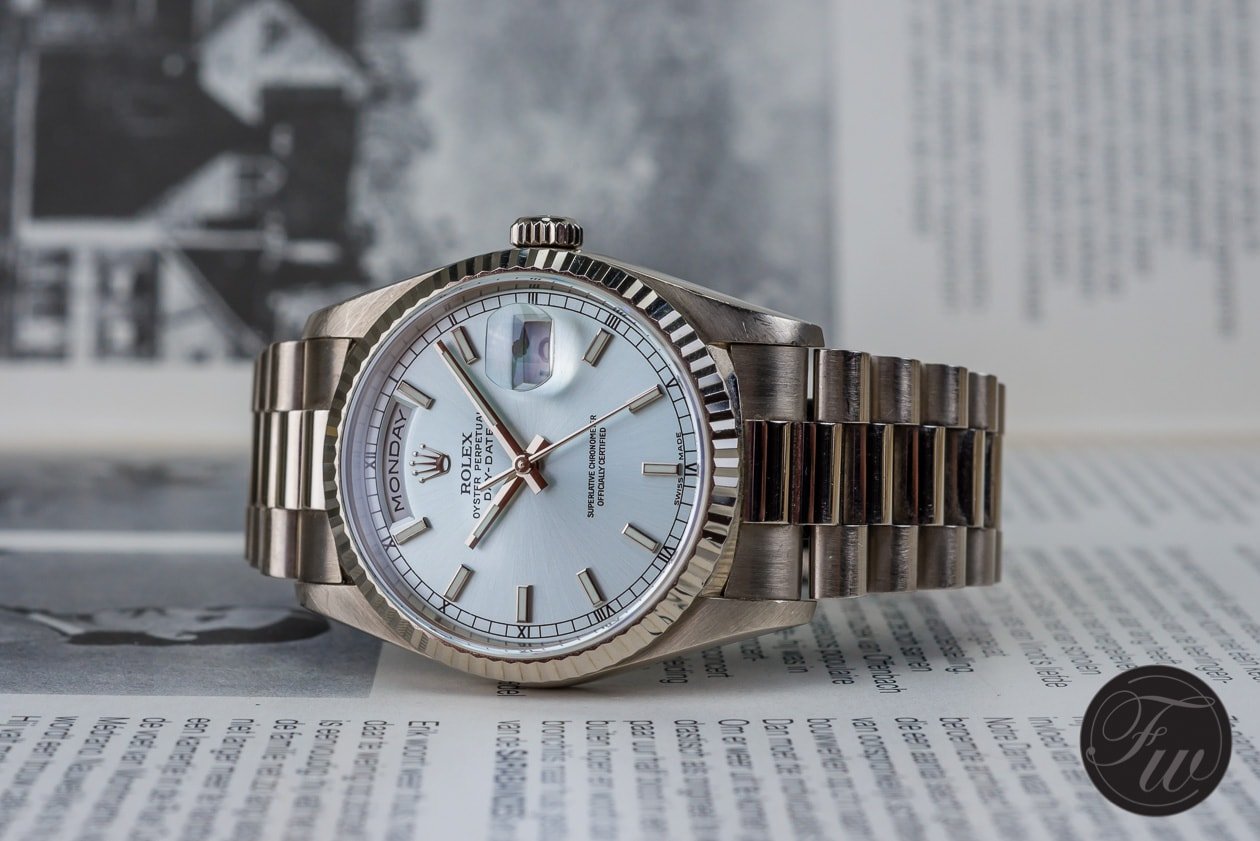Why Buying A Gold Rolex Today Makes More Sense Than Buying A Steel Rolex Watch
We’ve elaborated on the lack of availability of Rolex watches more than once. And just last week, we had an article by Lex about the dangers of flaunting your precious Rolex. But what if you are destined to buy a Rolex anyway?
I think Rolex is one of the brands that brings a lot of people into this interesting world of watches. But what to do once confronted by the fact that the watches are difficult to obtain, at least at retail price? This has been the case for a long time with certain steel sports models, or when a new sports model was introduced. Now, however, it seems to be an issue with no end in sight.
Buying a gold Rolex
Let’s say you want to buy a steel Daytona 116500LN with a white dial, which has a retail price of approximately €12,500 (depending on the VAT rate as well). You find out, however, that there’s almost no chance you’re getting one unless you go to platforms like Chrono24, where they are being offered (in new/unworn condition) for prices between €35,000 and €40,000. Now, if you really don’t care and these amounts are chump change to you, go for it. But a quick search on the same platform tells me that a full white gold Daytona reference 116509 (albeit pre-owned), as well as a full yellow gold Daytona reference 116528, can be had in that same price bracket.
Why would you buy a steel version of a watch when the gold version is within reach as well? I know that’s a bit provocative because some people just don’t like gold for whatever reason. But in terms of value, it just doesn’t make sense to go for the steel version. These days, both steel and gold Rolex models are equally recognizable, so in that regard, it shouldn’t make much of a difference.
A little bit of gold
For the going price of a steel sports watch, let’s say a GMT-Master II Pepsi on a Jubilee bracelet, you will be able to find Rolex watches in precious metal. The GMT-Master II mentioned, for example, reference 126710BLRO, retails for €9,200. The going price for these watches, though, is between €20,000 and €25,000. For starters, the new GMT-Master II “Root Beer” reference 126711CHNR (retail price €14,100) is also offered in the same price bracket as all-steel versions. A pre-owned, two-tone steel/yellow gold GMT-Master II with a black ceramic bezel (116713LN) is listed for around €15,000 though.
However, these prices also open the door to a pre-owned full-gold Rolex from the Day-Date collection. This is where it gets really interesting, in my opinion. Now, granted, a Day-Date is not a sports watch. Those continue to be more expensive. But there are exceptions, such as the Yacht-Master reference 16628 in full gold, for example. Or what about a vintage Rolex GMT-Master 16758 in 18K gold? You will be able to find them (still) below €30,000.
A gold Rolex that has been high on my “wish list” for many years is a Day-Date. I think I’d like either a reference 18038, 18238, or 118238. The Day-Date reference 1803 is not for me personally, as I like them with a flat dial (instead of pie-pan dial) and a sapphire crystal. I’d also prefer to have a quick-set (18038) or even double quick-set (18238 and later) when it comes to the day and date complications.
Gold Rolex Day-Date
Suddenly, the gold Rolex Day-Date offers an incredible amount of value compared to the steel Rolex sports models. Pre-owned Rolex Day-Date (reference 18238) watches in good condition are offered below €20,000. I know, it is a 36mm watch (the sports models are 40mm, with some exceptions), but due to the case shape and thickness, it does wear a little bigger on the wrist. The President bracelet adds a bit of oomph as well, of course. Even on my 19cm wrist, I can easily rock the gold Rolex Day-Date in 36mm.
Interestingly, a new Rolex Day-Date 36 retails for just over €30K. It is the latest reference (128238) of course, with all the latest technology inside. In this case, it has the Rolex caliber 3255 that has the paramagnetic blue Parachrom hairspring, Paraflex shock absorbers, a 70-hour power reserve, and regulation to a maximum deviation of -2/+2 seconds per day. The Rolex Day-Date 18238, for example, has the older caliber 3155 with 48 hours of power reserve and the “standard” chronometer rating. Aside from the movement though, we’re looking at pretty much the same watch.
With today’s market value when it comes to stainless steel Rolex watches, I would examine some gold Rolex watches as well. They can offer a lot of bang for the buck compared to the steel versions with today’s street prices. Especially when you’re comfortable buying a pre-owned or even vintage piece, there are still some gold treasures to be found.
Wearing a gold watch
When I just started out with watches in the late 1990s, I stayed away from gold. That was an easy task, especially given my budget at the time. In the last few years, however, I’ve been really warming up to gold. I feel comfortable wearing it and I do like the experience itself when it comes to wearing gold watches. Not only does it add an interesting amount of weight to the watch, but it is also the color and hue of the precious material that attracts me to them.
It’s important to realize, though, that gold is a soft material. Not only will it scratch more easily than steel, but it will also wear a bit more. That’s why you need to pay attention to the bracelet, for example. A gold bracelet can show quite a bit of stretch, especially on older models that have been worn a lot.
I wouldn’t mind owning a modern GMT-Master II 126710BLRO at retail. But for the market value, I would pick a Rolex Day-Date reference 18238 or the white gold reference 18239 any day of the week. On top of that, I like the fact that there are so many dial variations out there. This enables you to buy something that really fits your style and preferences.

